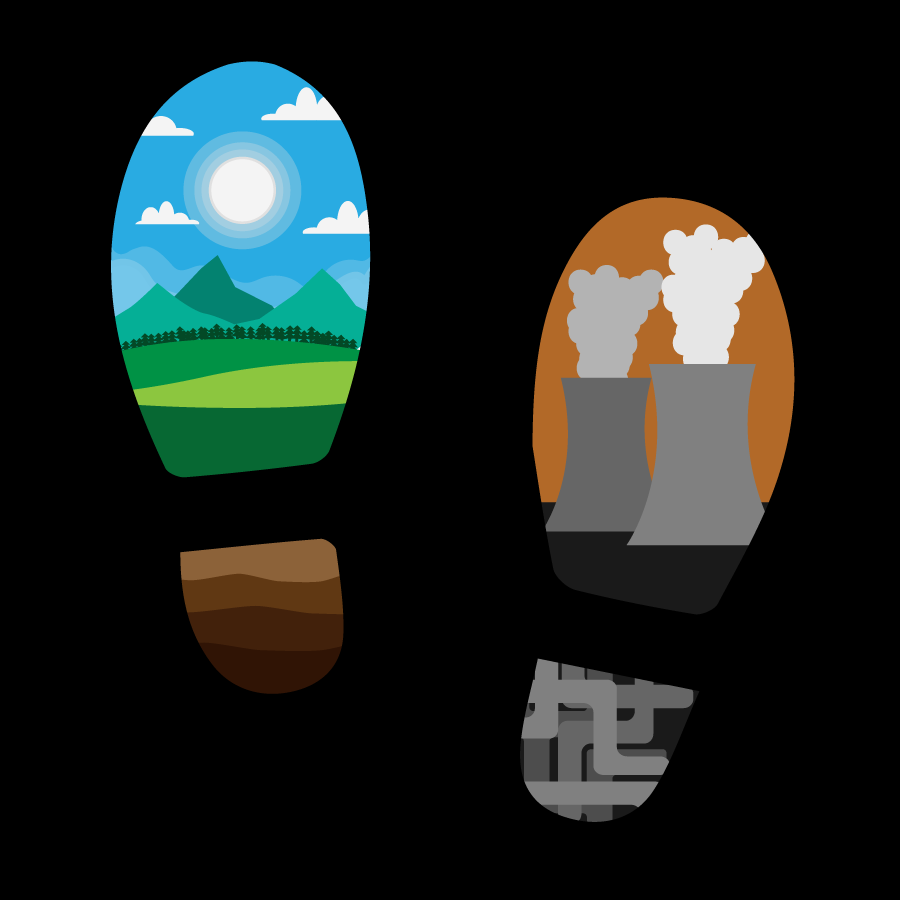Since its literary emergence in 1972, the concept of ‘sustainability’ has been a key point in any and almost every conversation regarding climate change. Unfortunately, the fact that there has been little significant, widespread progress in addressing Earth’s rapid warming since then can be correlated to the term’s widespread use as an end-all objective; how can tangible change stem from a term as variable, elusive, and misunderstood as ‘sustainability’?
In 1992, the Earth Summit established “sustainable development” as the foremost policy in the twenty-first century through a declaration endorsed by over 120 nations. Still, a 2017 study found that, across 24 developed countries, only 28%-45% of people had ever heard of the Sustainable Development Goals, the UN’s blueprint for a “better and more sustainable future for all”, and less than 10% in any country felt they could discuss them.
It’s true, a portion of the global population (probably a dangerous amount) isn’t paying attention to climate news in general, but the problem is only worsened by ‘sustainability’s’ fluid use over a variety of disciplines–biology, economics, sociology, urban planning, ethics. Even for those paying attention, the endorsement of a concept as overarching as “sustainable development” leaves anyone following along with very little to actually get behind. When so many people are throwing the term around what has sustainability come to mean?
Talk to a biologist about sustainability and one would be discussing the interplay between simple human systems and complex natural ecosystems. Biologists are concerned with questions of biodiversity, and sustainability to them means “the need to save natural capital on behalf of future generations, particularly the genetic diversity contained in plant and animal species”.
An economist, on the other hand, is far less interested with biodiversity and futurity, and far more concerned with analyzing our modern production system and its possibility or probability of collapse in the case it exhausts all the natural capital on which it depends. Without a doubt, the environment and economy are inextricably linked—the global biological system is the foundation for all economic activity. An economist analyzing sustainability could be an an examination of how markets, as conventionally conceived and currently operating, fail to protect the environment, or simply if our economic system can “sustain its trajectory” given the existing natural capital.
Sociologists see the term ‘sustainable’ and are concerned with problems of environmental justice, more specifically how humans “make decisions over the use of natural resources and other humans are affected in their daily lives, and the equity issues that obtain.” Inarguably, there is a link between racial discrimination and environmental injury; lower-income (usually minority) neighborhoods have, on average, higher levels of air toxins, pollutants, and less availability to fresh food options. That’s the type of sustainability–using natural resources in a way that is equally beneficial to all–sociologists are concerned with.
Urban planners regard ‘sustainability’ in pursuit of a design science that will better integrate urbanization and nature preservation.‘Sustainability’ to them could look like “restorative design”, a way of designing which seeks to “imitate the efficiency and diversity of nature” through more compact city centers with transit-oriented development.
On the more abstract end of the spectrum, environmental ethicists examine “whether nature has ‘rights’ and whether the current rate of species extinction caused by humanity is ethical”. They’re asking the bigger questions regarding sustainability: “are humans a part of or apart from nature”? Ethical methods of defining sustainability imply choice between status quo of capitalism seeing nature as resources and sustainability as a philosophical revolution with environment as invaluable and most important.
Sustainability means many things to many people. But, without a doubt, it, as an embodiment of futurity, equity, global environmentalism, and biodiversity versus a singular definable entity, is a powerful analytical tool when addressing climate-related matters. Sustainability is, therefore, not a rigidly-defined goal or endpoint to be strived for, but a governing principle with which to guide.
Sources:
- https://www.oecd.org/development/pgd/International_Survey_Data_DevCom_June%202017.pdf
- https://www.un.org/sustainabledevelopment/sustainable-development-goals/
- “Methods of Defining ‘Sustainability'” by Andrew D. Basagio




Leave a Reply